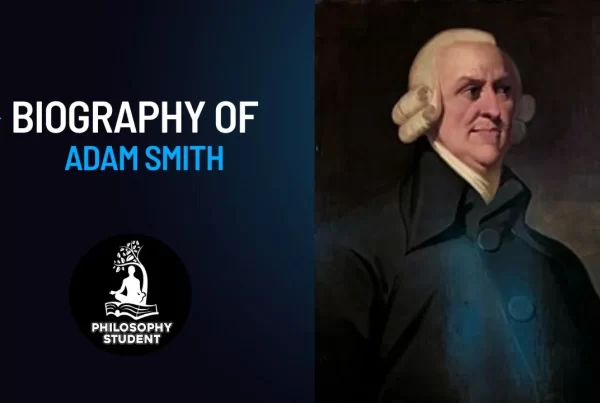A political philosophy whose central claim is that a government’s authority is justified only insofar as it secures the liberty of its subjects, Liberalism is generally traced to John Locke (1632–1704), who argued that man has a natural right to both self-preservation and private property, but that individuals might choose to submit to political authority as a way of best protecting these rights. This account of the justification of political power also entails constraints on how it can be exercised, since, to preserve the liberty of all of citizens, a government must remain neutral regarding their individual pursuits. This idea was developed by Immanuel Kant (1724–1804) as a principle of autonomy, whereby citizens have liberty only when living under rules they would choose for themselves—an idea that continues to influence contemporary political philosophy, most notably John Rawls’s A Theory of Justice (1971).
Given its original motivation and its almost exclusive emphasis on the individual, it is unsurprising that Liberalism has been criticized for downplaying the importance of tradition and community as part of a stable political system. The position also raises issues regarding the legitimacy of coercive government intervention as a means of preserving liberty.




































